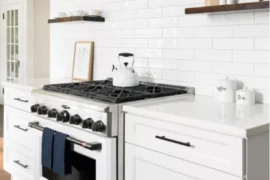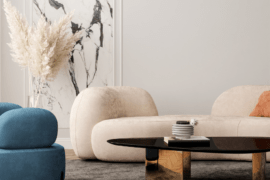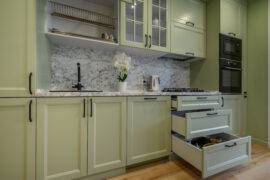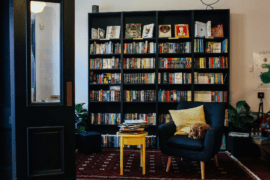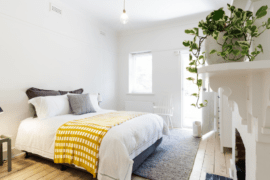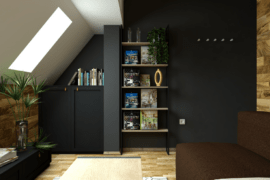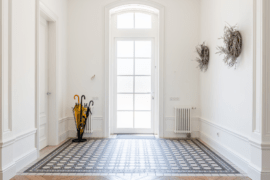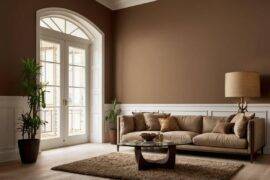When it comes to interior design, there’s a wide range of trends and styles to choose from, but not every design choice is universally loved. While many homeowners embrace these popular trends, it’s often a surprise to discover that some of these choices are ones interior designers themselves would avoid in their own homes. In this article, we’ll explore some of the most popular design choices that designers would never incorporate into their personal spaces, offering insight into why these trends may not stand the test of time or functionality.
Minimalist Design
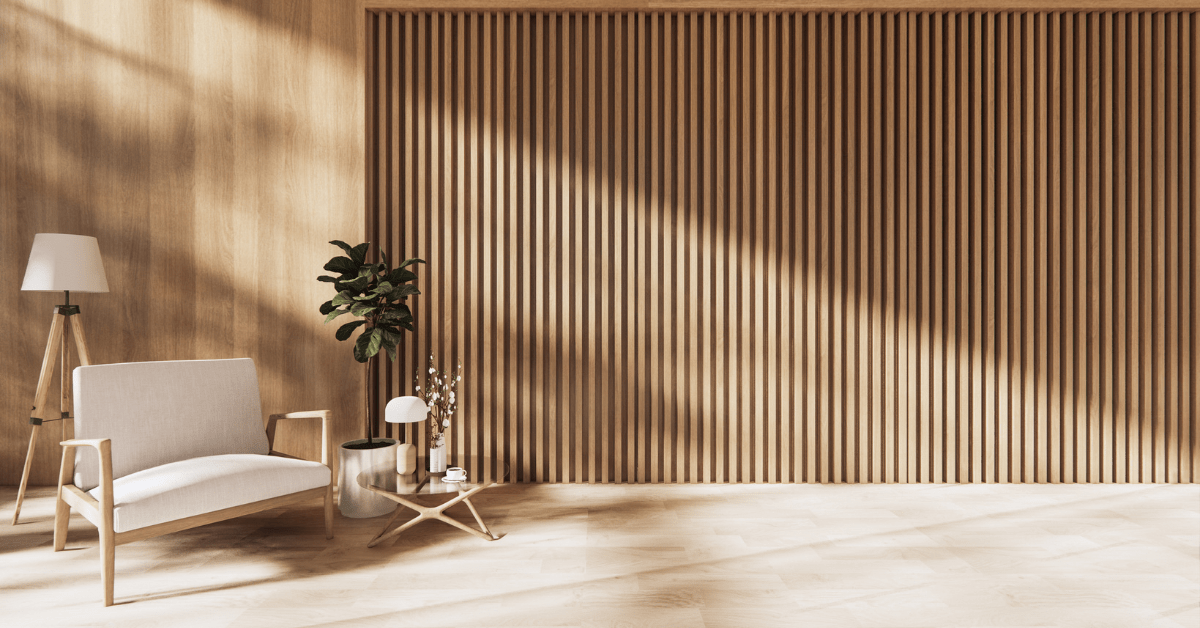
Minimalism has surged in popularity over the years, with its clean lines, neutral color palettes, and “less is more” approach to décor. However, many designers would hesitate to adopt an entirely minimalist style for their own homes. While the simplicity and spaciousness of minimalism can create a serene environment, it often lacks warmth and personality. Designers argue that minimalism can come off as cold and sterile, lacking the emotional depth that a lived-in space should evoke.
Furthermore, minimalist spaces can sometimes feel impractical or difficult to maintain. With fewer furnishings and decor pieces, every object placed in the space must be purposeful, which can lead to a stark, overly controlled look. Designers may appreciate the aesthetic but often prefer more layered, inviting spaces that offer both comfort and character, making minimalist design less appealing in their own homes.
Shiplap Walls
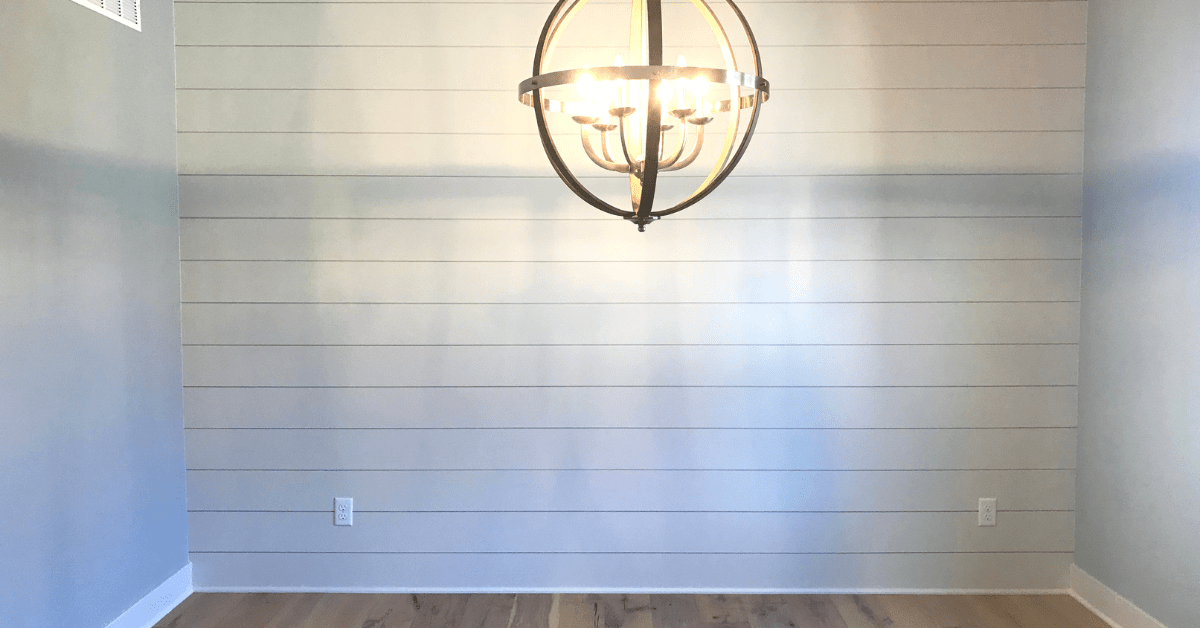
The rustic wood paneling, commonly found in farmhouse-style interiors, has been a trend for quite some time. While it offers a charming and nostalgic feel, many designers believe it’s a style that can quickly go out of fashion or feel out of place in more modern homes. The trend is often overused, creating a sense of visual clutter or an overwhelming rustic theme that may not suit every space.
In addition, shiplap can be difficult to maintain, especially in areas with high humidity or fluctuating temperatures. Designers prefer timeless finishes that will hold up better in the long run, favoring smooth walls or painted surfaces over rustic paneling. While shiplap has its place in certain homes, many designers find it less versatile and are wary of overusing it in their own designs.
Overly Bold Colors
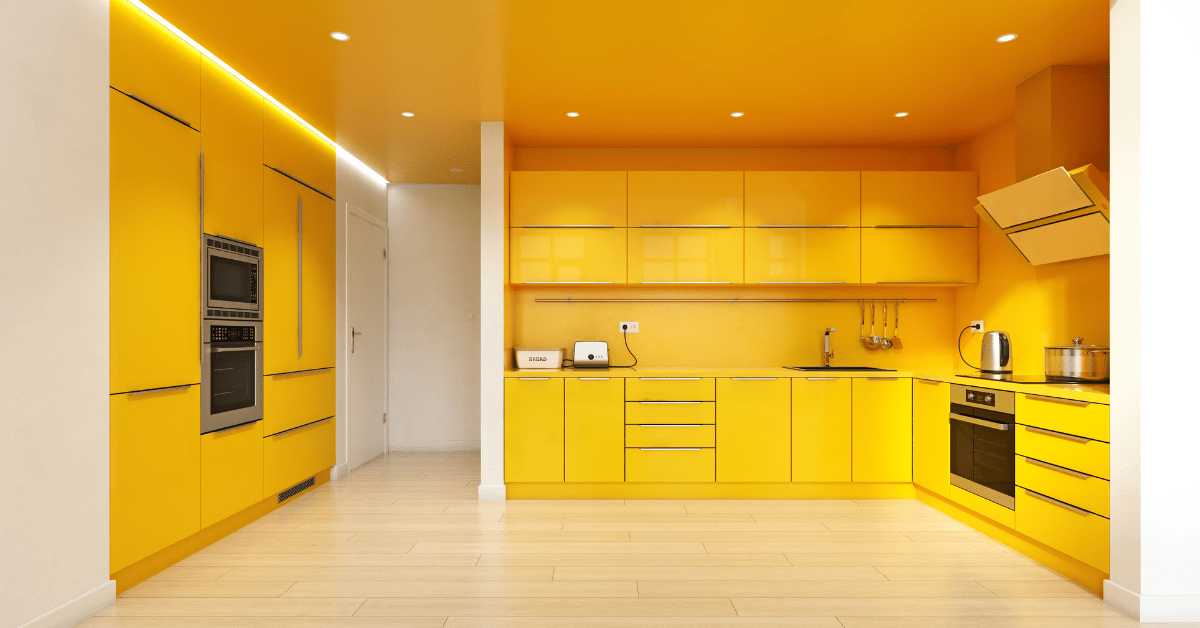
Bold and vibrant colors have a place in interior design, but many designers shy away from them when designing their personal homes. While a splash of color can add drama and excitement to a room, an overwhelming use of bold hues can make a space feel chaotic or overwhelming. Designers tend to favor more balanced color schemes, incorporating accent colors strategically rather than overwhelming the senses with too much intensity.
Additionally, bold colors can often be challenging to pair with other elements in the space, leading to a disjointed design. While trendy colors may be tempting, designers prefer palettes that are timeless, versatile, and easier to change over time. In their own homes, designers gravitate toward neutral tones or subtle color accents that are easier to adapt to changing trends without causing design fatigue.
Excessive Open Shelving
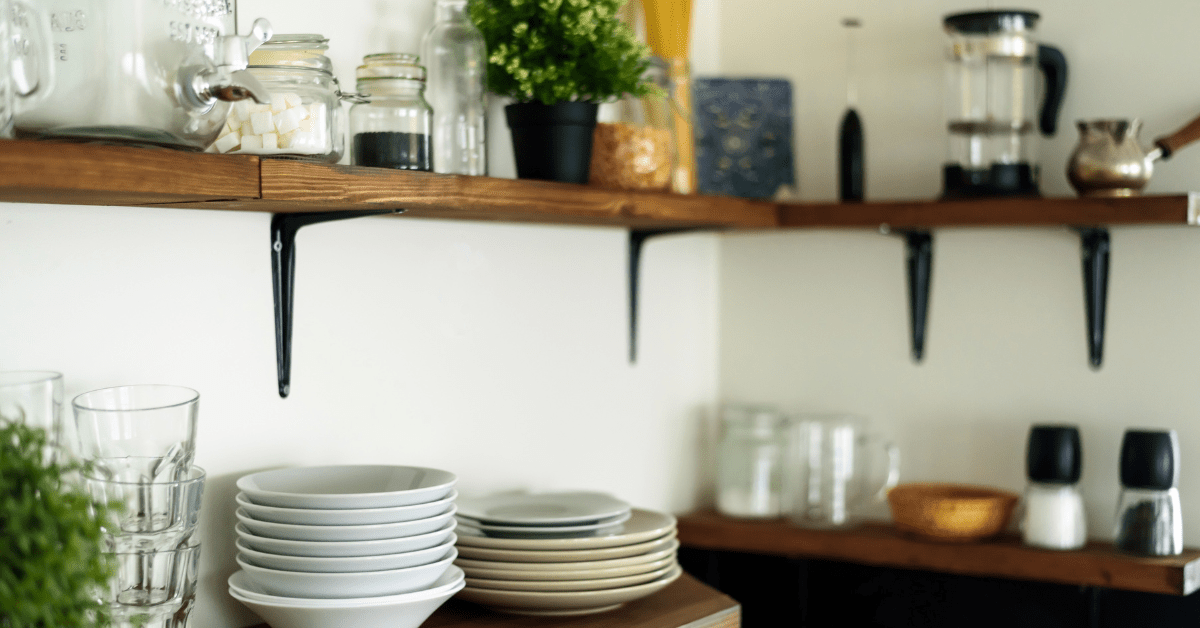
Open shelving has become a trendy design choice in kitchens and living rooms, promising an airy, open feel while providing easy access to everyday items. However, designers often avoid excessive open shelving in their own homes due to the constant need for upkeep. Items on open shelves are highly visible, meaning they need to be organized and aesthetically arranged at all times to avoid creating a cluttered look.
While open shelving can offer storage solutions, it can also lead to a feeling of disorder when items accumulate. Designers generally prefer closed cabinetry or more organized storage systems that help keep the space looking tidy and visually appealing. The practicality of having less visible storage is often more desirable in their personal spaces, where organization and cleanliness are top priorities.
Faux Materials
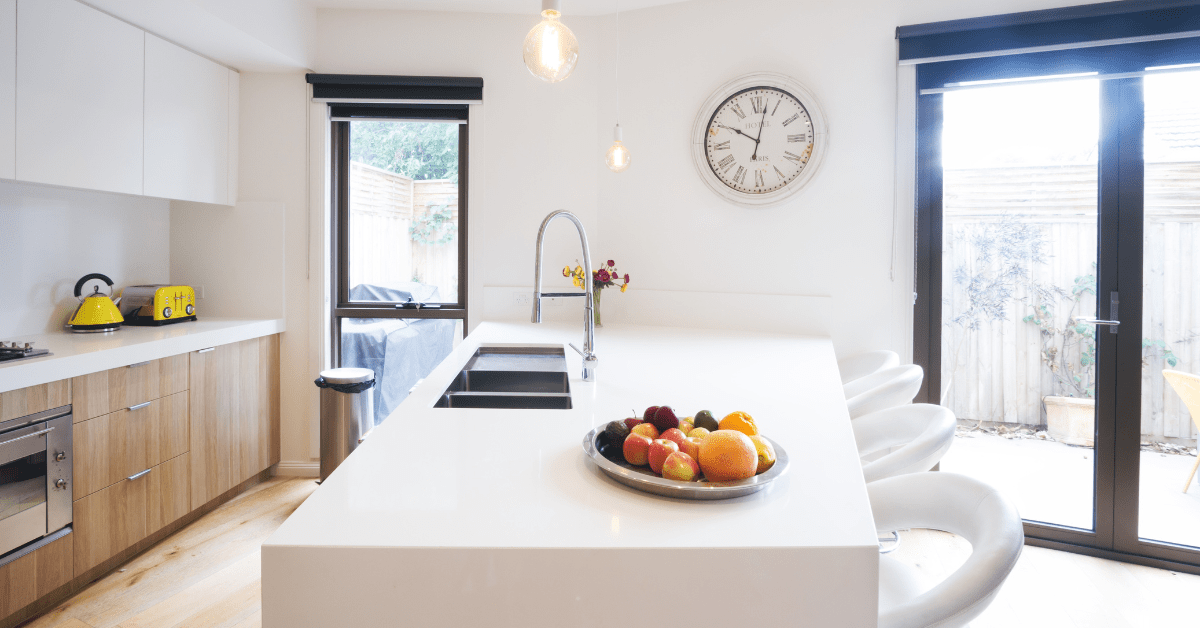
Faux materials, like imitation wood, marble, or leather, are popular for their affordability and easy maintenance. However, designers often avoid these in their own homes because they lack the authenticity and quality of their natural counterparts. While faux materials can mimic the appearance of expensive materials, they can feel cheap or unrealistic, especially when used excessively.
Designers typically prefer to invest in high-quality materials that not only last longer but also contribute to a more refined and timeless aesthetic. The allure of faux finishes often wears off over time, especially when the wear and tear of everyday life reveal their artificial nature. For their personal spaces, designers opt for the genuine article, ensuring their homes feel luxurious and enduring.
Related Articles
- The Top 5 Decor Trends We’re Predicting for 2025
- Affordable Ways to Transform Your Home Decor for Under 100 Dollars
- Renter-Friendly Decor Hacks to Make Any Space Feel Like Home
In the ever-changing world of interior design, certain trends may seem popular, but not all of them are embraced by professionals. Designers understand the importance of creating timeless, functional, and personalized spaces that go beyond surface-level aesthetics. By examining the design choices they avoid in their own homes, we can gain valuable insight into how to craft spaces that are both beautiful and enduring—proving that sometimes, the most popular trends aren’t always the best choices.
Ready to bring new life to your home? Subscribe to our newsletter for exclusive interior design tips, trends, and ideas that will transform your space. Click here to subscribe!
